Understanding Your Credit Score and How It Impacts Your Mortgage Options
Your credit score is a crucial factor that lenders use to determine your eligibility for a mortgage and the terms you’ll receive. Understanding your credit score and its impact can help you secure better mortgage options. Here’s a quick guide to understanding your credit score and how it influences your mortgage choices.
What is a Credit Score?
A credit score is a numerical representation of your creditworthiness, based on your credit history. It ranges from 300 to 850, with higher scores indicating better creditworthiness. The main factors influencing your credit score include:
- Payment History: Timely payments on loans and credit cards positively affect your score.
- Credit Utilization: The amount of credit you use relative to your credit limit. Keeping it low is beneficial.
- Credit History Length: Longer credit histories generally result in higher scores.
- Credit Mix: A diverse mix of credit accounts (e.g., credit cards, mortgages, auto loans) can boost your score.
- New Credit Inquiries: Frequent applications for new credit can negatively impact your score.
How Your Credit Score Impacts Mortgage Options
- Interest Rates
- Lower Scores: A lower credit score may result in higher interest rates, increasing the overall cost of the mortgage.
- Higher Scores: Higher credit scores typically qualify for lower interest rates, saving you money over the life of the loan.
- Loan Approval
- Approval Chances: Lenders use your credit score to assess the risk of lending to you. Higher scores improve your chances of mortgage approval.
- Loan Types: Certain mortgage types, such as conventional loans, often require higher credit scores. Lower scores might qualify you for FHA or other government-backed loans with different requirements.
- Down Payment Requirements
- Higher Down Payments: A lower credit score may lead to higher down payment requirements as lenders seek to mitigate risk.
- Lower Down Payments: With a higher credit score, you may be eligible for lower down payment options.
Improving Your Credit Score
- Timely Payments
- On-Time Payments: Consistently pay your bills on time to build a positive payment history.
- Set Reminders: Use reminders or automatic payments to avoid missing due dates.
- Reduce Debt
- Pay Down Balances: Lower your credit card balances to improve your credit utilization ratio.
- Avoid New Debt: Minimize new debt and avoid opening multiple credit accounts in a short period.
- Monitor Your Credit Report
- Regular Checks: Regularly check your credit report for inaccuracies or fraudulent activity.
- Dispute Errors: Dispute any errors with the credit bureaus to correct your report.
Final Thoughts
Understanding your credit score and its impact on your mortgage options is essential for securing favorable loan terms and interest rates. By maintaining a good credit score, you can improve your chances of mortgage approval and reduce the overall cost of your loan. Stay proactive in managing your credit and enjoy the benefits of better mortgage options. Happy house hunting!


 Facebook
Facebook
 X
X
 Pinterest
Pinterest
 Copy Link
Copy Link


